ABOUT
Contrary to popular knowledge, most materials around us from foods, biological fluids, and adhesives, to cosmetics, concrete, paints, and polymers etc., whether natural or man-made, are neither simple fluids nor solids. Rather, their behaviour is a combination of both. The framework to study all such complex materials is Rheology, defined as the science of flow and deformation of matter. Due to the ubiquity of complex materials, rheology is a key ingredient for research in numerous scientific fields. Rheology is a truly interdisciplinary topic as it involves and is involved in physics, chemistry, biology, mathematics, geology, medicine, and engineering. Furthermore, rheology is uniquely positioned as the link between advances in soft matter science and industrial process operations.
The RheoMAXESS Theme is born out of early success in developing new rheo-SAXS/WAXS techniques at MAX IV and the strong drive for industrial collaborations around X-ray and neutron science in Sweden. The vision is to upscale the cooperation model, join focus with ESS, and galvanise a community around these two local unique strengths that will be capable of advancing soft matter science and technology and propel research around X-rays, neutrons, soft matter and rheology at MAX IV and ESS to a world-leading position.
HAPPENING IN THEME
Curious about new and upcoming flow, deformation, and in-situ experimental capabilities at ESS and MAX IV? he RheoMAXESS initiative — Advancing Rheometry for Neutron and X-ray Science — invites you to the workshop “Where Users Meet Techniques”, taking place 4–6 February 2026
RHEOMAXESS COMMUNITY LIST SIGNUP
CORE GROUP
Advanced rheometry for neutron and x-ray science: Core Group member, Leader of WG2 – Material development and processing, LINXS Fellow
Computational Fluid Dynamics Specialist, R&T at Tetra Pak Processing Systems, Sweden.
Dragana Arlov is a CFD Specialist at Tetra Pak Processing Systems AB. In her role she is working with fluid dynamics in different types of projects from technology development to product development. One of her most recent projects was to develop validated CFD models for high shear mixers, large particles distributed in pipes and tanks. She has over 21 years of CFD experience in different industrial areas, of which 12 years have been at Tetra Pak Processing Systems in Sweden. During her 12 years at Tetra Pak she has worked in different fluid dynamic projects to develop validated CFD models and utilise CFD simulations for various processing applications.
Advanced rheometry for neutron and x-ray science: Core Group member, Leader of WG2 – Material development and processing, LINXS Fellow
Professor of Materials, Centre for Analysis and Synthesis, Department of Chemistry, Lund University, Sweden.
Karen and her research group focus on understanding the formation of functional hierarchically structured materials in order to apply that understanding to make new materials. They use self-assembly, driven by interactions between nanoscopic species (micelles, nanoparticles, polymers) in solution and at interfaces to form materials with organized structures from nm to cm. Understanding interactions between surfaces, nanoparticles and other species is central to our control over structure and thus function.
They use time-resolved grazing incidence X-ray & neutron reflectivity, liquid diffraction and small angle scattering to study formation mechanisms & final structures. A range of other complementary techniques (including TEM, SEM, AFM, NMR, light scattering, surface tension, conductivity, XRD, SESANS, USANS/USAXS, gas adsorption) are also used to characterise our materials across length scales from tens of Ångstroms to microns. Extensive collaborations with other groups in industry and academia apply the novel materials synthesised in our group to applications from delivery of active species, to catalysis and “green” gels or emulsions.
Advanced rheometry for neutron and x-ray science: Core Group member, Leader of WG1 – Infrastructure development, LINXS Fellow
Division Head Large Scale Structures, ESS, Sweden.
Andrew is the acting head of the Neutron Instrument Division at ESS. His research covers a wide area including food colloids, soft matter structure, and scattering techniques. He brings capability in large international collaboration to build up the ESS facility, expertise in the use of X-rays and neutrons in food related research, and also experience as beamline scientist at facilities like the NIST Center for Neutron Scattering, Gaithersburg USA. He is strongly involved in developing software for scattering techniques (SASView).
Advanced rheometry for neutron and x-ray science: Core Group member, Leader of WG1 – Infrastructure development, LINXS Fellow
Researcher, MAX IV, Lund University, Sweden.
Ann is a researcher and the group manager for Diffraction and Scattering at MAX IV. Her personal research applies X-ray and neutron scattering techniques to soft condensed matter and biological systems. Her scientific interests have recently included protein/polymer interactions with lipids and excipients (e.g. biologics, lipid nanodiscs), native silk protein structures and flow studies of natural and synthetic polymers.
Advanced rheometry for neutron and x-ray science: Core Group member, Leader of WG3 – Education and outreach, LINXS Fellow
Project leader, RISE Agriculture and Food, Sweden.
Niklas is a researcher at the Product Design and Perception section at RISE Agrifood and Bioscience. He is also adjunct professor at the department of physics at Chalmers University of Technology. In addition, Niklas is vice director for the VINN Excellence centre SuMo Biomaterials and coordinator for the Soft Microscopy Centre, both close collaborations between RISE and Chalmers. His research generally focuses on microstructure-property relationships in soft heterogeneous bio-based materials such as foods. His network and scientific expertise in microscopy will be crucial for the theme to both develop the working groups and defining the research programs. Together with Stephen Hall, Niklas will coordinate WG3. Structure of food during processing.
Advanced rheometry for neutron and x-ray science: Core Group member, member of WG2 – Material development and processing and WG3 – Education and outreach, LINXS Fellow
Postdoctoral Researcher at the Division of Glycoscience, KTH Royal Institute of Technology , Sweden.
Marjorie is a postdoctoral researcher at KTH working on cell bran. Ozriginally a Food Technologist working in Industry, she sought to broaden my horizons and pursued first an MSc in Food Science, and then a PhD also in Food Science, both at the University of Leeds UK. Her PhD focused on the crystallisation of cocoa butter primarily using X-ray scattering, NMR relaxometry, and DSC.
Her interest in X-rays led to a first postdoc/research position at Stockholms Universitet working on supercooled water and amorphous ices using X-ray scattering and XPCS techniques. Once more, X-rays led the way to her next position here at KTH where she is part of the glycoscience group and she is applying her X-ray knowledge, while learning some Biochemical tools.
Advanced rheometry for neutron and x-ray science: Core Group member, Leader of WG3 – Education and outreach, LINXS Fellow
Associate professor, Lund University, Sweden.
Martin’s research focuses on various fields within Soft Matter. He has a special focus on rheology of granular matter, non-Brownian and Brownian suspensions, gels, and ion-mediated electrostatic interactions between surfaces and colloids. In his research, Martin uses various numerical methods (Monte Carlo, Molecular Dynamics, ...) to gain insight to the various topics.
Advanced rheometry for neutron and x-ray science: Core Group member, member of WG2 – Material development and processing, LINXS Fellow
Professor and Head of Department, Division of Glycoscience, KTH Royal Institute of Technology, Sweden.
Francisco’s research deals with the biochemistry of complex carbohydrates, which are one of the fundamental building blocks of life. Complex carbohydrates, also known as polysaccharides, are natural polymers built by small sugar molecules as building blocks, which are responsible for essential metabolic, structural and regulatory processes in life sciences. Since November 2022 , Francisco has been Director of KTH FOOD, a new research centre for sustainable and healthy food systems which aims to engage and align the education, research, and outreach competences at KTH towards a sustainable and healthy food system.
Advanced rheometry for neutron and x-ray science: Core Group member, member of WG1 – Infrastructure development, LINXS Fellow
Postdoctoral researcher, Chalmers University of Technology, Sweden.
Marko Bek is a researcher specializing in the integration of rheology and scattering techniques to explore the structural dynamics and properties of materials. His various research interests include polymer and soft matter viscoelasticity, moisture interactions in materials, and the influence of nano- and microstructure on mechanical properties. His research examines how hierarchical structures across different length scales impact material response, offering valuable insights into the behavior of complex soft materials.
Advanced rheometry for neutron and x-ray science: Core Group member, member of WG2 – Material development and processing, LINXS Fellow
Professor and group leader for polymer-tribology research, Division of Machine Elements, Department of Engineering Sciences and Mathematics, Luleå University of Technology, Sweden.
Nazanin and her group focus their research on Polymer tribology dealing with mechanisms and regularities of friction and wear of polymers and polymer-based composites. Her research interests include biotribology, friction, wear and lubrication in biological environments, in the body's joints, such as hip and knee & Bio-compatible materials especially orthopedic materials development: to develop new implant materials with improvement of certain properties for use in load-bearing joints
Advanced rheometry for neutron and x-ray science: Core Group member, member of WG1 – Infrastructure development, LINXS Fellow
LoKI Instrument Scientist, ESS, Sweden.
Advanced rheometry for neutron and x-ray science: Core Group member, member of WG1 – Infrastructure development, LINXS Fellow
Scientist, Beamline Manager, ForMAX, MAX IV, Sweden.
Advanced rheometry for neutron and x-ray science: Core Group member, member of WG1 – Infrastructure development, LINXS Fellow
Associate Professor, Division of Physical Chemistry, Lund University, Sweden.
Advanced rheometry for neutron and x-ray science: Core Group member, LINXS Fellow
Head of Unit and Professor, Applied Chemistry, Chemistry and Chemical Engineering, Chalmers University of Technology, Sweden.
Advanced rheometry for neutron and x-ray science: Core Group member, member of WG1 – Infrastructure development, LINXS Fellow
Wallenberg Academy Fellow, Lund University, Sweden.
Advanced rheometry for neutron and x-ray science: Core Group member, member of WG1 – Infrastructure development and WG3 – Education and outreach, LINXS Fellow
Senior Scientist, Product Design, RISE, and Adjunct Professor, Department of Industrial and Materials Science, Chalmers University of Technology, Sweden.
EXTERNAL NORDIC REPRESENTATIVES
Advanced rheometry for neutron and x-ray science: External Nordic Representative for Denmark, member of WG2 – Material development and processing, LINXS Fellow
Tenure Track Assistant Professor, Department of Food Science, University of Copenhagen, Denmark.
Advanced rheometry for neutron and x-ray science: External Nordic Representative for Norway, member of WG3 – Education and outreach, LINXS Fellow
Associate Professor, biopolymeric Materials. Department of Biotechnology and Food Science and Vice Dean for InnovaIon, Faculty of Natural Sciences, Norwegian University of Science and Technology, Norway.
Advanced rheometry for neutron and x-ray science: External Nordic Representative for Norway, member of WG3 – Education and outreach, LINXS Fellow
Adjunct Professor, Department of Energy and Petroleum Engineering, University of Stavanger, Norway.
Advanced rheometry for neutron and x-ray science: External Nordic Representative for Finland
Principal Scientist, VTT Technical Research Centre of Finland, Finland.
Advanced rheometry for neutron and x-ray science: External Nordic Representative for Finland
Associate Professor and Vice Head of the Department, Department of Bioproducts and Biosystems, Aalto University, Finland.
Advanced rheometry for neutron and x-ray science: External Nordic Representative for Iceland
Professor, Inorganic Chemistry and Supramolecular Chemistry, Faculty of Physical Sciences, University of Iceland, Iceland.
GUEST RESEARCHERS
Advanced rheometry for neutron and x-ray science: Core Group Leader, member of WG1 – Infrastructure development and WG3 – Education and outreach, Guest researcher at LINXS March-June 2025, LINXS Fellow
Professor, Department of Industrial and Materials Science, Chalmers University of Technology, Sweden.
Roland and his group work in the general area of rheology and processing of soft matter. Current research revolves around (i) complex fluids flows, (ii) field-matter interaction in nanostructured fluids for multifunctional properties and (iii) advanced rheometry. (i) is mostly focused on processing applications and nonlinear phenomena in general (instabilities) ranging from polymer melt flows to thixotropic yield stress fluids in general. In (ii) we use flow and magnetic fields to tailor the structure of soft matter / materials containing nanofillers, for e.g. antibacterial applications. And through (iv) we create the means to understand (i) and (ii) through characterization methods such as developing novel rheo-SAXS (small-angle X-ray scattering) techniques at MAX IV, nonlinear mechanical spectroscopy, rheology combined with optics, dielectric spectroscopy, high pressure rheometry etc.
WORKING GROUPS FOR RHEOMAXESS
RHEOMAXESS working group 1
Infrastructure development
The theme was born from a quest to develop new rheological sample environments for ESS and MAX IV. This working group will oversee the strategy for advancing the field, including the development of software packages for data analysis in conjunction to the theme. Data processing and interpretation is a recurrent issue for many users. The focus on advanced characterisation techniques will be scientifically opportune but it will inherently drive the need for dedicated data analysis routines.
RHEOMAXESS WORKING GROUP 2
Material development and processing
Rheology has many applications in terms of materials development. It both probes the structure of materials as well as how materials act during product manufacturing. The application range from food to sustainability, biomedicine, and energy. The working group will coordinate how we reach out to the different disciplines in order to use the developments of WG1 to advance the science in the respective fields.
RHEOMAXESS WORKING GROUP 3
Education and outreach
The working group will bring together WG1 and WG2 and organise events where we introduce academic and industrial partners to the scope of the theme. The aim is also to reach out to new partners and understand specific scientific needs that could be translated into new developments in WG1 and WG2.

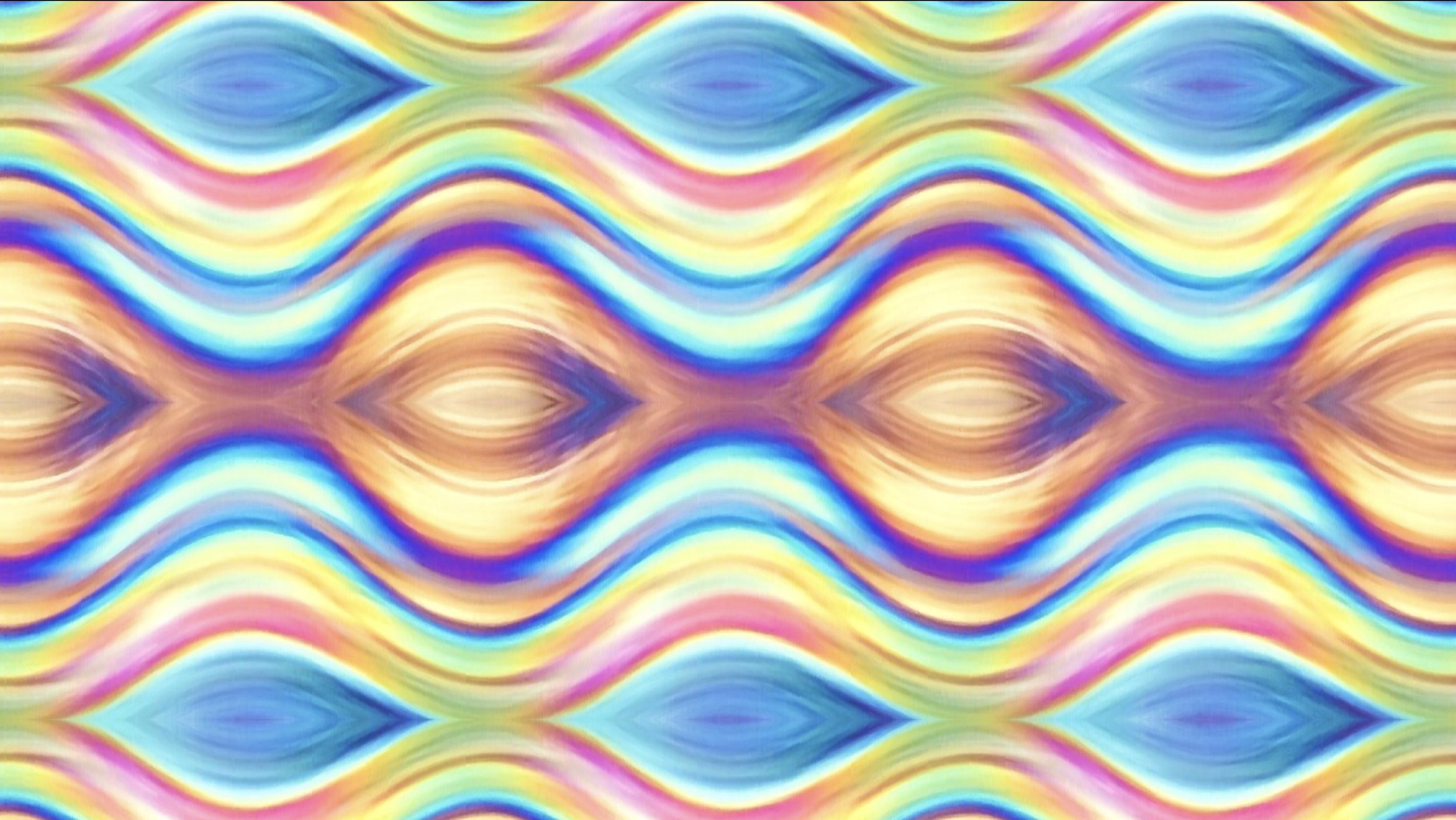

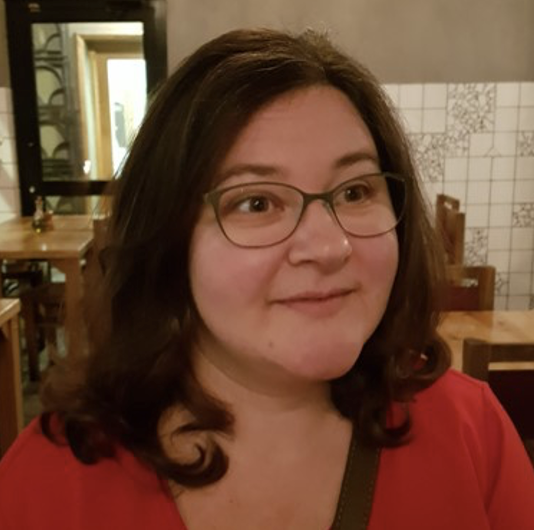
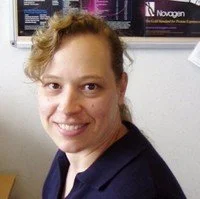

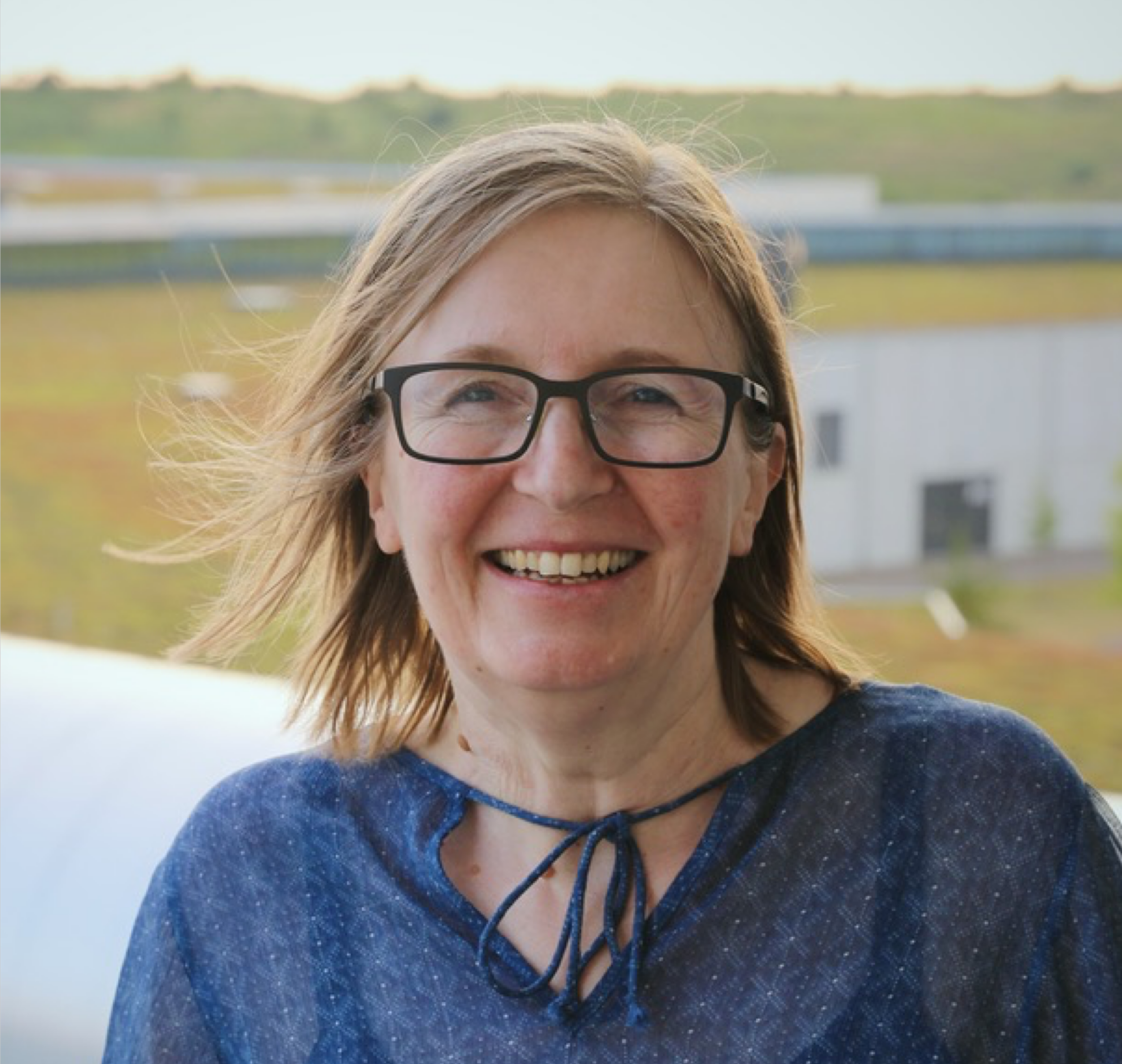
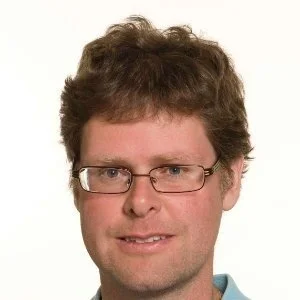

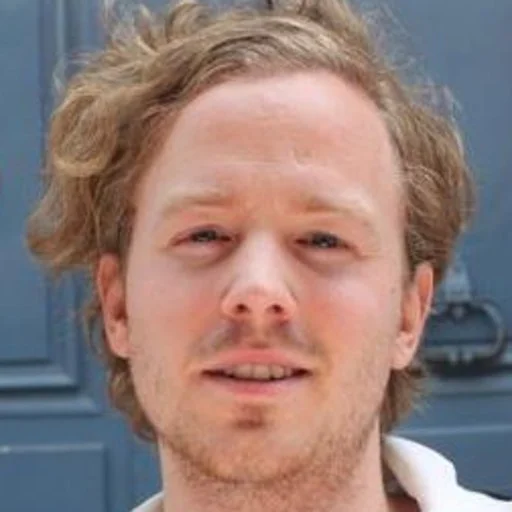
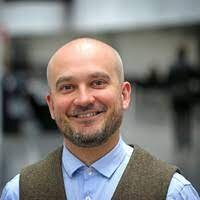





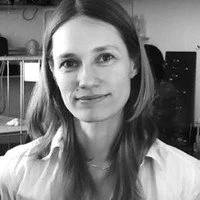

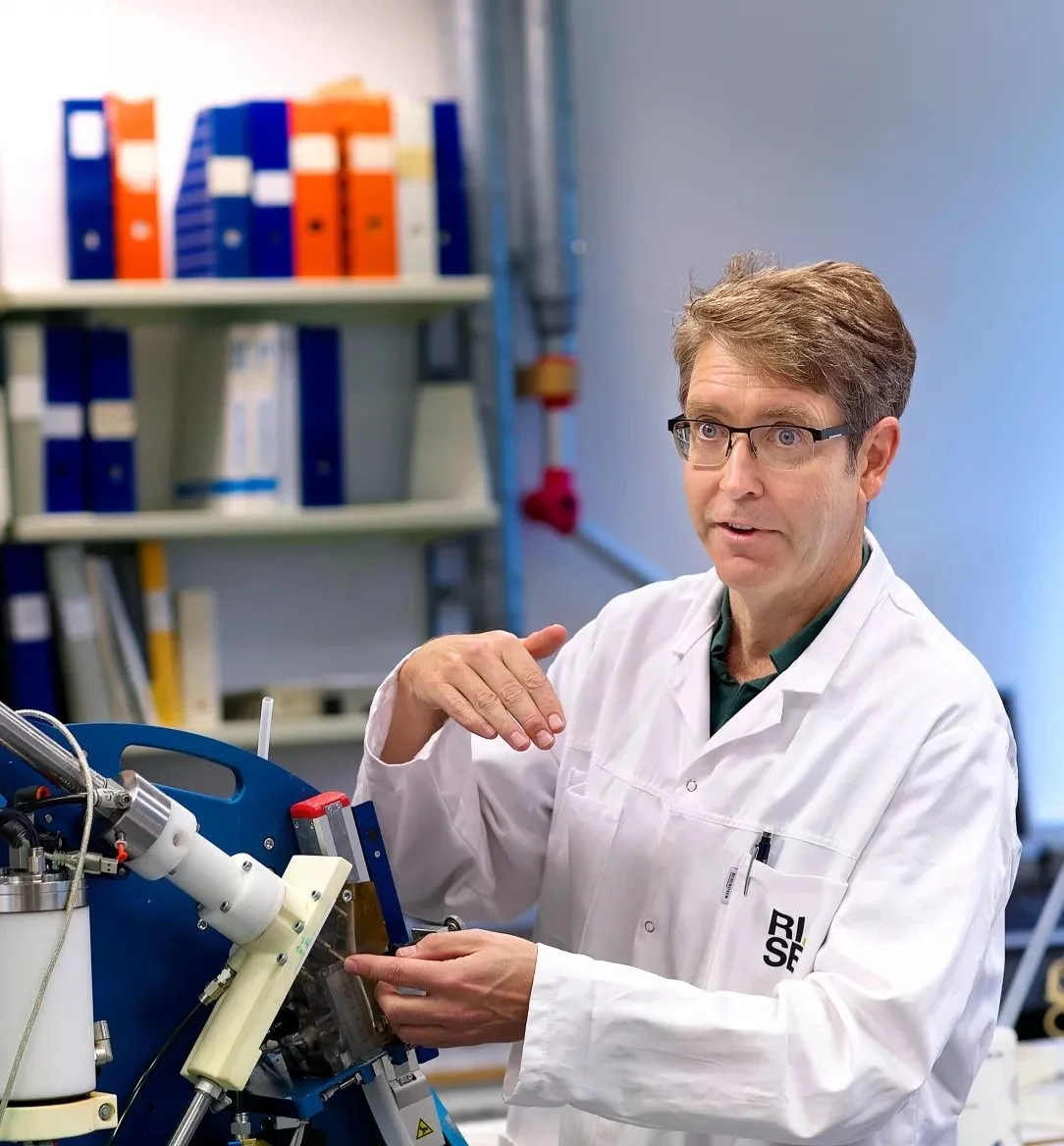




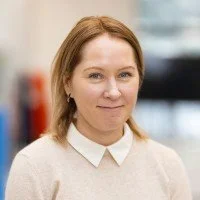

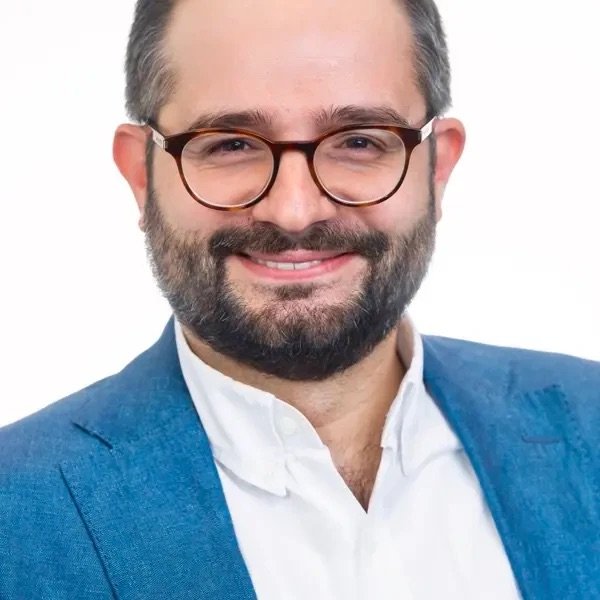
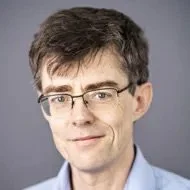


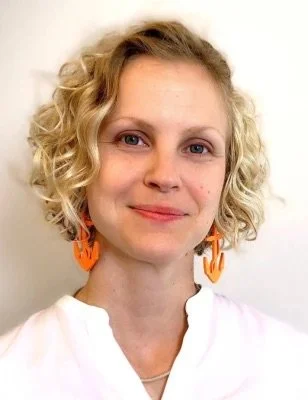

Advanced rheometry for neutron and x-ray science: Core Group Leader, member of WG1 – Infrastructure development and WG3 – Education and outreach, Guest researcher at LINXS March-June 2025, LINXS Fellow
Professor, Department of Industrial and Materials Science, Chalmers University of Technology, Sweden.
Roland and his group work in the general area of rheology and processing of soft matter. Current research revolves around (i) complex fluids flows, (ii) field-matter interaction in nanostructured fluids for multifunctional properties and (iii) advanced rheometry. (i) is mostly focused on processing applications and nonlinear phenomena in general (instabilities) ranging from polymer melt flows to thixotropic yield stress fluids in general. In (ii) we use flow and magnetic fields to tailor the structure of soft matter / materials containing nanofillers, for e.g. antibacterial applications. And through (iv) we create the means to understand (i) and (ii) through characterization methods such as developing novel rheo-SAXS (small-angle X-ray scattering) techniques at MAX IV, nonlinear mechanical spectroscopy, rheology combined with optics, dielectric spectroscopy, high pressure rheometry etc.